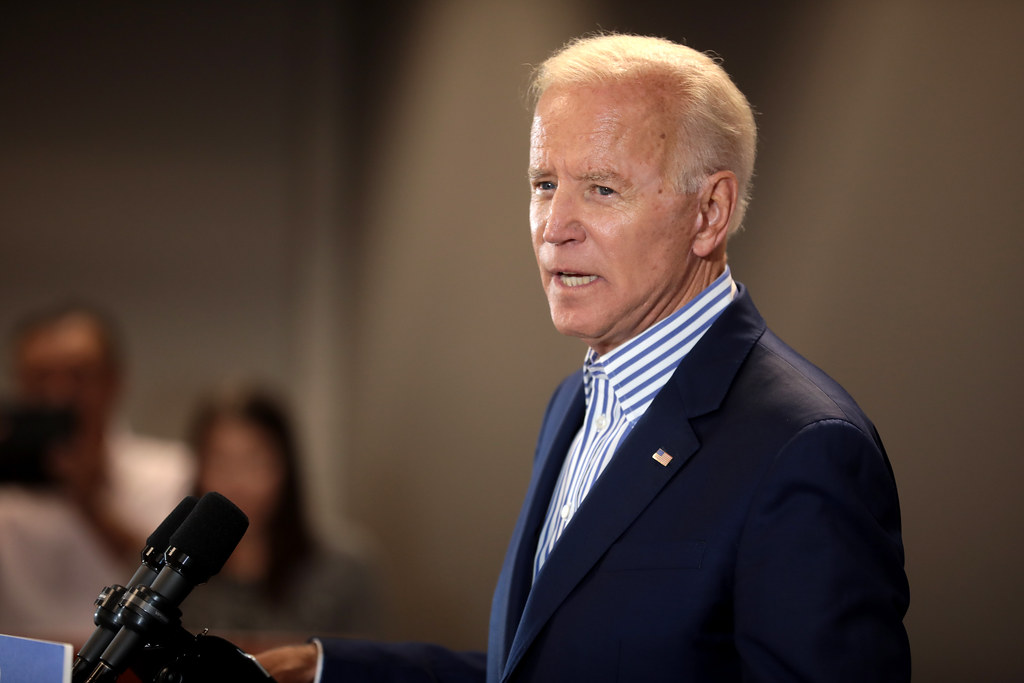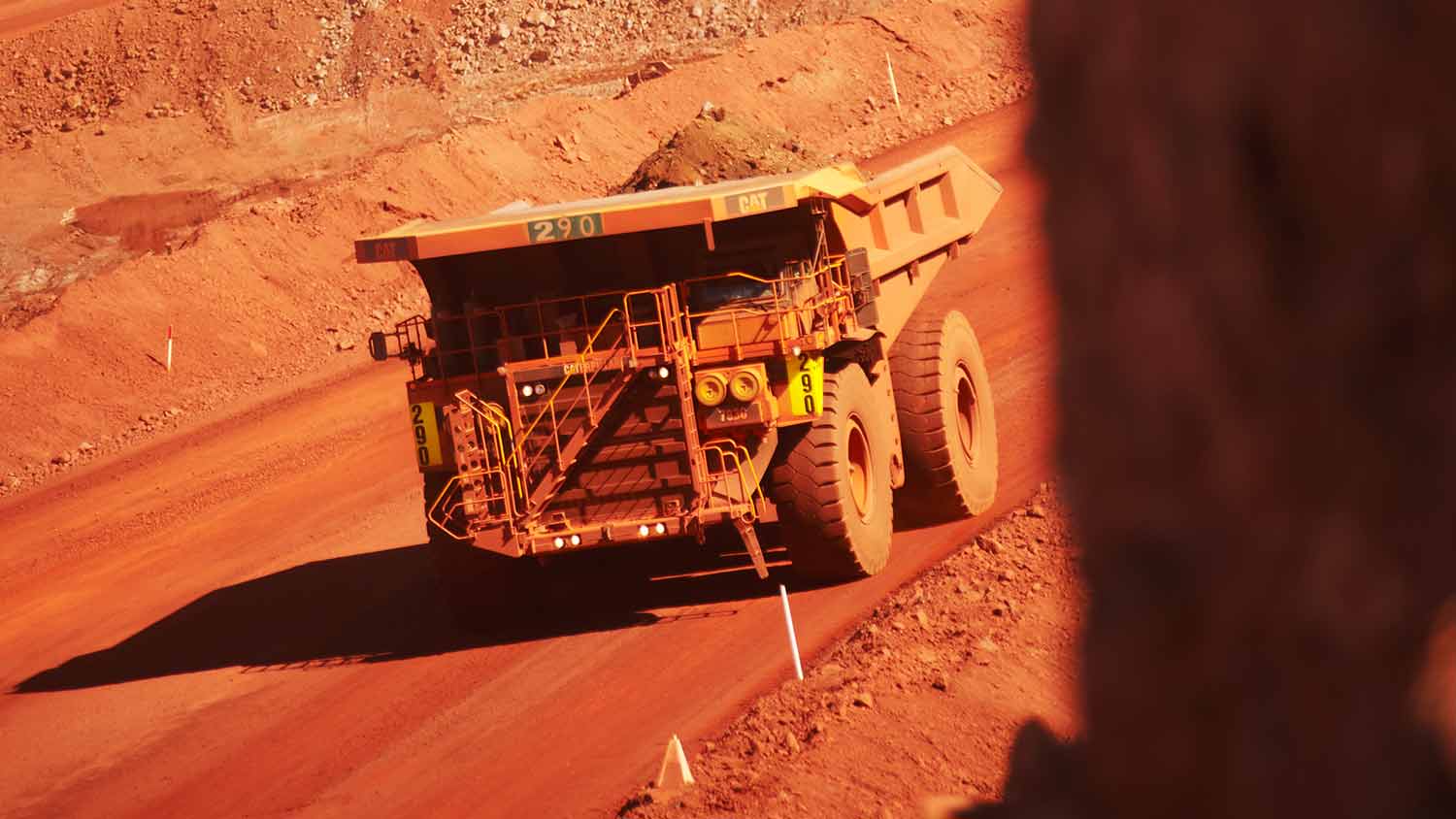Biden urges G7 to stay together as leaders target Russian gold, oil price

US President Joe Biden told allies “we have to stay together” against Russia on Sunday as G7 leaders gathered for a summit dominated by war in Ukraine and its impact on food and energy supplies and the global economy.
At the start of the meeting in the Bavarian Alps, four of the Group of Seven rich nations moved to ban imports of Russian gold to tighten the sanctions squeeze on Moscow and cut off its means of financing the invasion of Ukraine.
But it was not clear whether there was G7 consensus on the plan, with European Council President Charles Michel saying the issue would need to be handled carefully and discussed further.
Britain, the United States, Japan and Canada agreed the ban on new Russian gold imports, the British government said on Sunday.
Britain said the ban was aimed at wealthy Russians who have been buying safe-haven bullion to reduce the financial impact of Western sanctions. Russian gold exports were worth $15.5 billion last year.
The G7 leaders of Britain, France, the United States, Germany, Japan, Italy and Canada, were also having “really constructive” talks on a possible price cap on Russian oil, a German government source said.
A French presidency official said Paris would push for a price cap on oil and gas and was open to discussing a US proposal.
The G7 leaders did agree on a pledge to raise $600 billion in private and public funds for developing countries to counter China’s growing influence and soften the impact soaring food and energy prices.
G7 host German Chancellor Olaf Scholz invited Senegal, Argentina, Indonesia, India and South Africa as partner nations at the summit. Many countries of the global south are concerned about the collateral damage from Western sanctions on Russia.
Oxfam and other campaign groups said the pain from food price spikes for developing countries was “visceral”.
They want G7 leaders to tax excessive corporate profits to help those hit by the food crisis, cancel debts of the poorest nations and to support developing countries in their battle against the food crisis and climate change.
An EU official said G7 countries would impress upon the partner countries that food price rises were the result of Russia’s actions not Western sanctions.
Officials from some G7 countries, including Germany and Britain, are pushing for temporary waivers on biofuels mandates to combat soaring food prices, according to sources familiar with the matter.
But Germany expects the proposal to fail to secure G7 backing due to US and Canadian resistance, a government official told Reuters on Sunday.
Unity tested
Western countries rallied around Kyiv when Russia invaded Ukraine in February, but more than four months into the war, that unity is being tested as soaring inflation and energy shortages rebound on their own citizens.
At the start of a bilateral meeting, Biden thanked Scholz for showing leadership on Ukraine and said Russian President Vladimir Putin had failed to break their unity.
“Putin has been counting on it from the beginning that somehow the NATO and the G7 would splinter. But we haven’t and we’re not going to,” Biden said.
The summit provides an opportunity for Scholz to demonstrate more assertive leadership on the Ukraine crisis.
He vowed a revolution in German foreign and defence policy after Russia’s invasion in February, but critics have since accused him of dragging his feet.
As missiles struck the Ukrainian capital Kyiv on Sunday, hitting an apartment block and a kindergarten, Foreign Minister Dmytro Kuleba said the G7 must respond with more weapons and tougher sanctions on Russia.
Biden called the strikes acts of “barbarism”.
The G7 leaders are also expected to discuss options for tackling rising energy prices and replacing Russian oil and gas imports, as well as further sanctions that do not exacerbate the cost-of-living crisis affecting their own populations.
Soaring global energy and food prices are hitting economic growth in the wake of the conflict in Ukraine, with the United Nations warning of an “unprecedented global hunger crisis”.
Climate change is also set to be on the G7 agenda.
(Reporting by Sarah Marsh, Andreas Rinke, Andrea Shalal, Philip Blenkinsop, John Irish, and William Schomberg; Editing by Raissa Kasolowsky; Writing by Sarah Marsh, Matthias Williams and Philip Blenkinsop; Editing by Peter Graff, David Goodman, David Clarke and Jane Merriman)
{{ commodity.name }}
{{ post.title }}
{{ post.date }}




Comments